آقای دکتر حمیدرضا پوراعتماد در ساعت ۲۱ چهارشنبه ۱۳ اسفندماه میهمان برنامه تلویزیونی حال خوب شبکه سلامت خواهند بود. شما را به تماشای این برنامه دعوت میکنیم.

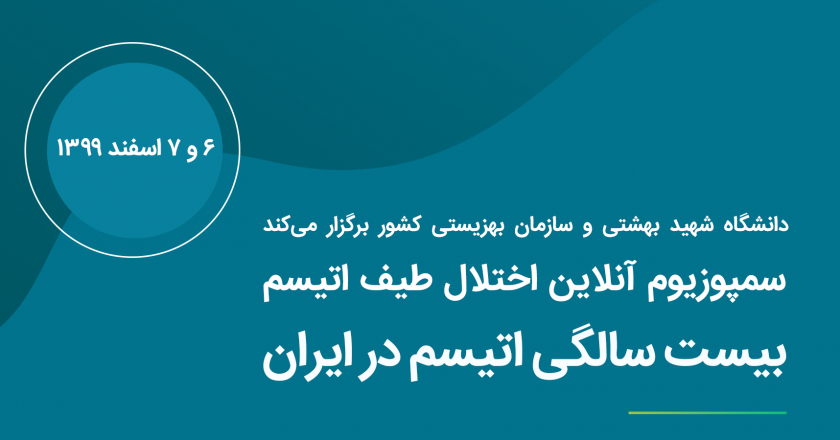
سمپوزیوم آنلاین اختلال طیف اتیسم: بیست سالگی اتیسم در ایران در روزهای ۶ و ۷ اسفند بصورت آنلاین برگزار میشود.
حضور در این سمپوزیوم و کارگاههای آموزشی آن برای همگان آزاد و رایگان است.
دریافت برنامه سمپوزیم بصورت فایل pdf

گفتگویی پیرامون اتیسم با حضور جناب آقای دکتر حمیدرضا پوراعتماد در برنامه پاسخگو رادیو سلامت در ساعت ۸:۱۵، دوشنبه بیست بهمن ۱۳۹۹، برگزار شد.
نسخه صوتی این گفتگو را میتوانید از طریق این لینک بشنوید.
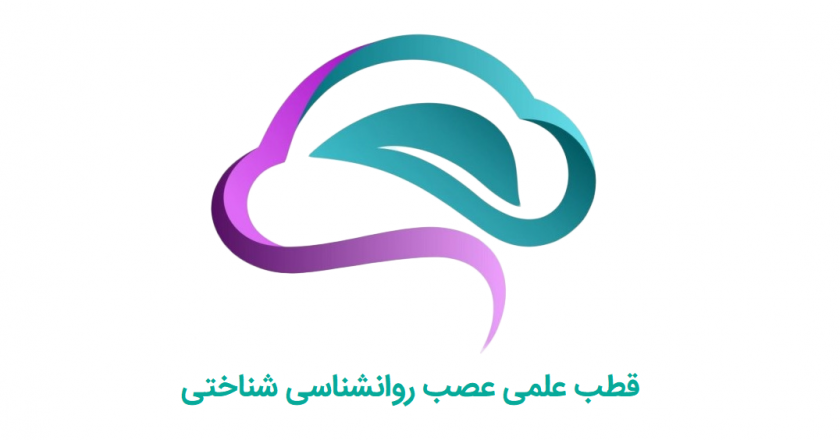
قطب عصب روانشناسی شناختی در پژوهشکده علوم شناختی و مغز دانشگاه شهید بهشتی در سال ۱۳۹۸ شکل گرفته است. پژوهشکده علوم شناختی و مغز دانشگاه شهید بهشتی ریشه در مطالعات گروه روانشناسی و آزمایشگاه تجربی دانشگاه دارد که در دهه ۴۰ شمسی تأسیس شد؛ اما تأسیس «مرکز مطالعات عصب رشدی تهران-آکسفورد» در سال ۲۰۰۳ نقطه عطف شکلگیری روانشناختی شناختی کاربردی در دانشگاه شهید بهشتی محسوب میشود. از آن پس تأسیس مرکز اتیسم بهآرا (سال ۱۳۸۴) و کلینیک توانبخشی شناختی (سال ۱۳۹۳) و تدوین و برگزاری کارشناسی رشته توانبخشی شناختی در وزارت علوم و رشته عصب توانبخشی در وزارت بهداشت باعث جهتگیری روانشناسی شناختی به سمت عصب روانشناسی بالینی شد. به شکلی که امروز این پژوهشکده رفرنس علمی، خدمات آموزشی و درمانی به کودکان دارای اختلالات عصبروانشناسی (اتیسم، ADHD و…) محسوب میشود.
برای کسب اطلاعات بیشتر در مورد فعالیتهای متنوع علمی، پژوهشی، آموزشی و حمایتی قطب عصب روانشناسی شناختی به وبسایت قطب عصب روانشناسی شناختی مراجعه بفرمایید.
لینک: http://cecn.sbu.ac.ir
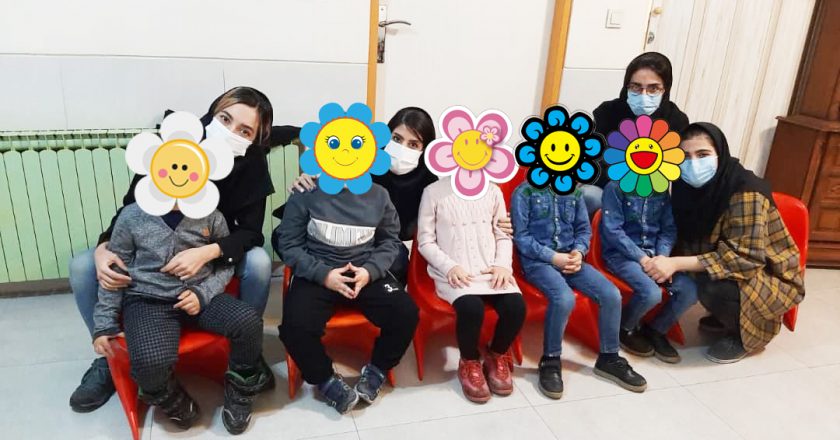
تصاویری از دوره اول مهارتهای اجتماعی که از تاریخ ۱ دیماه تا ۸ بهمنماه برگزار شد.
برای اطلاع از جزئیات و نحوه شرکت در این دوره به اطلاعیههای منتشر شده در صفحه اصلی وبسایت در بخش تازه ترین خبرها یا کارگاهها و دورههای آموزشی مراجعه بفرمایید.
برای مشاهده بزرگتر تصاویر روی آنها کلیک کنید.
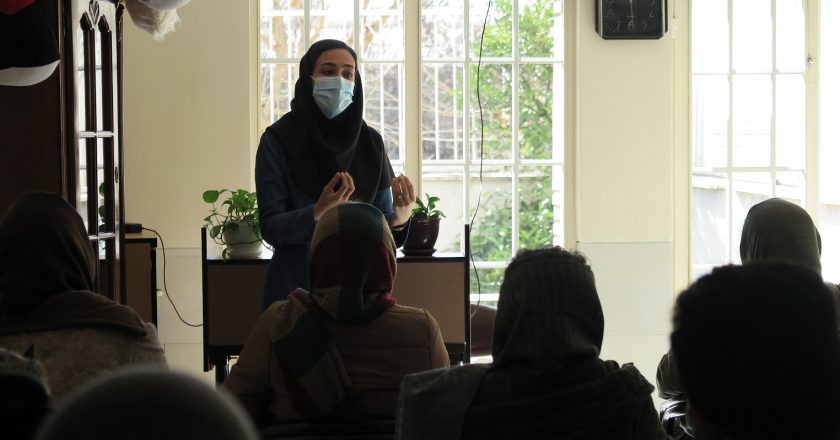
برای اطلاع از جزئیات و نحوه شرکت در این دوره به اطلاعیههای منتشر شده در صفحه اصلی وبسایت در بخش تازه ترین خبرها یا کارگاهها و دورههای آموزشی مراجعه بفرمایید.
برای مشاهده بزرگتر تصاویر روی آنها کلیک کنید.
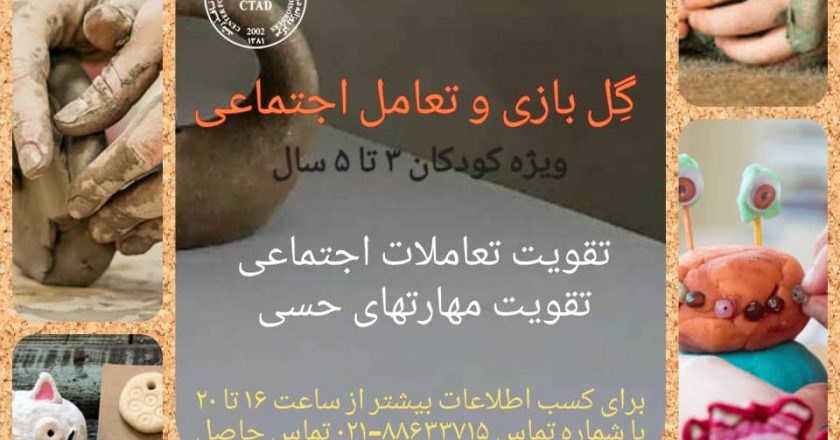
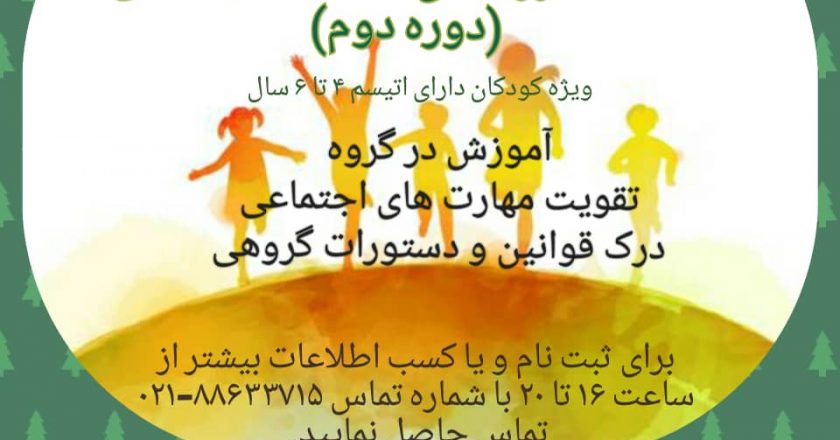
Mansouri, M., Pouretemad, H., Wegener, G., Roghani, M., Afshari, M., Mallard, C., & Ardalan, M. (2021). Dual Profile of Environmental Enrichment and Autistic-Like Behaviors in the Maternal Separated Model in Rats. International Journal of Molecular Sciences, 22(3), 1173.
Abstract
Background: Environmental Enrichment (EE) has been suggested as a possible therapeutic intervention for neurodevelopmental disorders such as autism. Although the benefits of this therapeutic method have been reported in some animal models and human studies, the unknown pathophysiology of autism as well as number of conflicting results, urge for further examination of the therapeutic potential of EE in autism. Therefore, the aim of this study was to examine the effects of environmental enrichment on autism-related behaviors which were induced in the maternal separation (MS) animal model. Material and Methods: Maternally separated (post-natal day (PND) 1–۱۴, ۳ h/day) and control male rats were at weaning (PND21) age equally divided into rats housed in enriched environment and normal environment. At adolescence (PND42–۵۰), the four groups were behaviorally tested for direct social interaction, sociability, repetitive behaviors, anxiety behavior, and locomotion. Following completion of the behavioral tests, the blood and brain tissue samples were harvested in order to assess plasma level of brain derived neurotrophic factor (BDNF) and structural plasticity of brain using ELISA and stereological methods respectively. Results: We found that environmental enrichment reduced repetitive behaviors but failed to improve the impaired sociability and anxiety behaviors which were induced by maternal separation. Indeed, EE exacerbated anxiety and social behaviors deficits in association with increased plasma BDNF level, larger volume of the hippocampus and infra-limbic region and higher number of neurons in the infra-limbic area (p < 0.05). Conclusion: We conclude that environmental enrichment has a significant improvement effect on the repetitive behavior as one of the core autistic-like behaviors induced by maternal separation but has negative effect on the anxiety and social behaviors which might have been modulated by BDNF. View Full-Text

بررسیها نشان میدهد مواجهه طولانی با وسایل دیجیتال در دورههای حساس رشد (دایهگری دیجیتال)، موجب انحراف در بازسازماندهی پیوندهای ساختاری و کارکردی مغز خردسالان و نقش در تعاملات اجتماعی و کلام، رفتارهای تکراری و کلیشهای میشود (پوراعتماد و دیگران، ۱۳۹۶). آیا راهی برای بهبود وضعیت رشد کودکانمان وجود دارد؟
گفتگوی شبکه چهار سیما با آقای دکتر حمیدرضا پوراعتماد، ۴ بهمن ۱۳۹۹